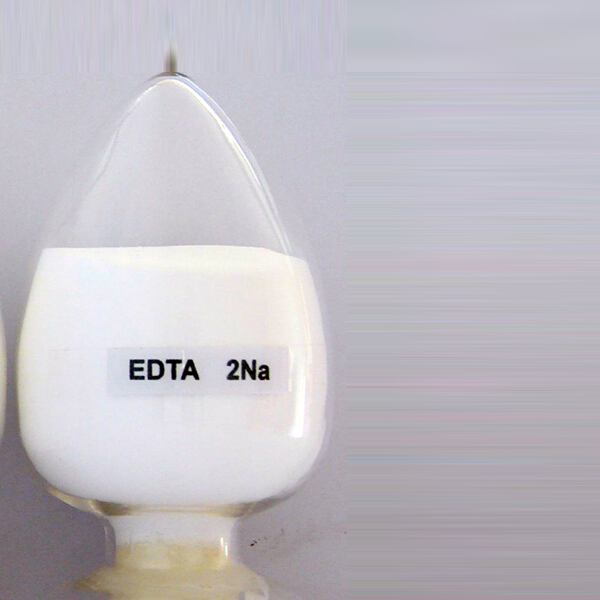
News
Oct . 02, 2024 04:25 Back to list
Benefits of Chelated Zinc Fertilizers for Enhanced Plant Growth and Nutrient Uptake
The Importance of Chelated Zinc-Based Fertilizers in Agriculture
Zinc, an essential micronutrient, plays a critical role in plant development and growth. It is involved in various physiological processes, including enzyme function, protein synthesis, and hormone regulation. However, zinc deficiency is a common problem in many soils around the world, particularly in regions with high pH or sandy soils. To combat this issue, farmers and agronomists are increasingly turning to chelated zinc-based fertilizers, which offer a more effective solution for enhancing crop yields and improving soil health.
Chelated zinc fertilizers are a class of nutrient products that utilize chelating agents to bind zinc ions. This process enhances the bioavailability of zinc to plants, ensuring that the nutrient can be absorbed efficiently through the roots. Unlike traditional zinc fertilizers, which can become immobilized in the soil due to high pH or the presence of other minerals, chelated forms remain soluble and accessible to plants, promoting healthier growth and higher productivity.
The Importance of Chelated Zinc-Based Fertilizers in Agriculture
Additionally, using chelated zinc fertilizers can contribute to sustainable agricultural practices. Some studies have shown that balanced micronutrient application, including zinc, can enhance soil health and fertility over time. Healthy soils support robust root systems, increase water retention, and improve overall ecosystem balance. As a result, the use of chelated zinc fertilizers aligns with environmentally friendly farming practices, helping to reduce the overall chemical footprint of agricultural production.
chelated zinc based fertilizer

Moreover, chelated zinc fertilizers can be particularly beneficial in precision agriculture. This modern farming technique allows farmers to apply nutrients more accurately based on the specific needs of their crops. Through soil testing and analysis, farmers can determine zinc levels in the soil and apply chelated zinc fertilizers precisely where and when they are needed. This targeted approach maximizes nutrient use efficiency, minimizes waste, and ultimately leads to higher crop yields.
The choice of chelating agent is crucial when selecting a chelated zinc product. Common chelating agents include EDTA (ethylenediaminetetraacetic acid), EDDHA (ethylenediamine-N,N'-diacetic acid), and DTPA (diethylenetriaminepentaacetic acid). Each chelating agent has its specific properties and effectiveness in different soil conditions. For example, EDDHA chelated zinc is particularly effective in alkaline soils, while DTPA is more suitable for slightly acidic to neutral soils. Understanding these differences enables farmers to select the most appropriate product for their specific circumstances.
The application methods for chelated zinc fertilizers are also diverse. They can be applied through soil incorporation, foliar spraying, or fertigation systems. Foliar application allows for rapid uptake, especially during critical growth phases when plants are most vulnerable to deficiencies. Fertigation, the combination of fertilization and irrigation, ensures that zinc is delivered directly to the root zone where it can be most effective.
In conclusion, chelated zinc-based fertilizers play a vital role in modern agriculture by addressing zinc deficiencies, enhancing crop yields, and promoting sustainable farming practices. As the global population continues to rise and the demand for food increases, the importance of effective nutrient management cannot be overstated. By harnessing the benefits of chelated zinc fertilizers, farmers can not only secure their livelihoods but also contribute to the overall health and sustainability of the planet's agricultural systems. The future of farming will increasingly rely on such innovative solutions to meet the challenges of tomorrow.
-
Polyaspartic Acid Salts in Agricultural Fertilizers: A Sustainable Solution
NewsJul.21,2025
-
OEM Chelating Agent Preservative Supplier & Manufacturer High-Quality Customized Solutions
NewsJul.08,2025
-
OEM Potassium Chelating Agent Manufacturer - Custom Potassium Oxalate & Citrate Solutions
NewsJul.08,2025
-
OEM Pentasodium DTPA Chelating Agent Supplier & Manufacturer High Purity & Cost-Effective Solutions
NewsJul.08,2025
-
High-Efficiency Chelated Trace Elements Fertilizer Bulk Supplier & Manufacturer Quotes
NewsJul.07,2025
-
High Quality K Formation for a Chelating Agent – Reliable Manufacturer & Supplier
NewsJul.07,2025
